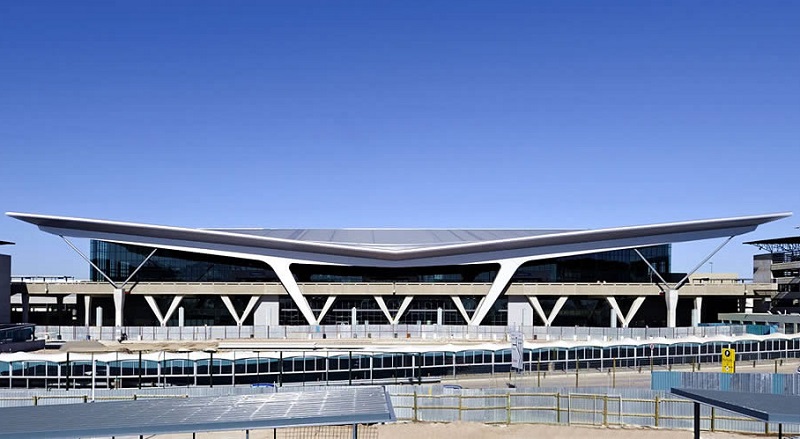According to recent statistics, the Cape Town International Airport (CITA) has contributed R4.7-billion to the South African economy. Of this, R2-billion went towards the income of South African workers, supporting 43 608 direct and indirect jobs.
“At the annual Feather Awards Ceremony, I had the opportunity to pay tribute to the incredible team who make the airport a success. Our globally competitive airport is often recognised for service excellence and has been awarded the most accolades in Africa,” says Mayco Member for Economic Opportunities and Asset Management, James Vos.
“My priority, for the past year, has been to position my portfolio as the City’s growth directorate. This means that we focus our energy on attracting investment, which in turn creates jobs and leads to economic growth,” he said.
A key driver of growth through tourism and trade is what Vos has termed the ‘Blue Economy’ that encompasses both the aviation and ocean economies, and has won a string of awards this year, including Best Airport in Africa.
To grow the aviation economy, the City provides funding to the Air Access initiative which is mandated to expand current flight routes and to secure new routes to boost tourism and trade. Since its launch in 2015, this initiative contributed to the success of securing 16 new routes, 22 route expansions and increased the international seat capacity to 1.5-million two-way seats.
The next exciting step is to grow Cape Town’s cargo footprint for export. Air cargo at CTIA is a growing sector that holds huge benefit for the residents of Cape Town and for the locally produced goods market. This is evident from the most recent statistics which show that international cargo freight has grown by 52%.
“We are in the process of collaborating with key stakeholders to develop a Cargo Strategy. This will leverage the successes of increased global connections from CTIA to allow our products to compete on the world stage,” Vos added.
Reliable and efficient airport infrastructure is the backbone of the travel and trade sector. The expansion of the CTIA, costing R7-billion over the next five years, will see the construction of a new realigned runway, the refurbishment of the domestic arrivals terminal and the expansion of the international terminal.
This expansion will also make a large contribution to the local economy. The City’s Enterprise and Investment Department is working with the airport to maximise the benefits of this expansion for local contractors and communities.
The City has also invested in extensive Place Marketing branding to position Cape Town as a destination of choice for both business and leisure travel. Beautiful branding in airports gives travellers a glimpse of the wonderful sites and attractions Cape Town has on offer.
“Other important aspects of the ‘Blue Economy’ that are poised for increased growth are boat building and cruise tourism. We are working with these key catalytic sectors to implement proven strategies so they reach their full potential and create jobs.”
“Without the dedication and passion of the ACSA team as well as my own team, the successes we have achieved would not be possible,” Vos said. “I look forward to working even harder in 2020 to deliver the growth we need in the Blue Economy to generate more economic growth and jobs for the residents of Cape Town.”
Picture: Brand South Africa

